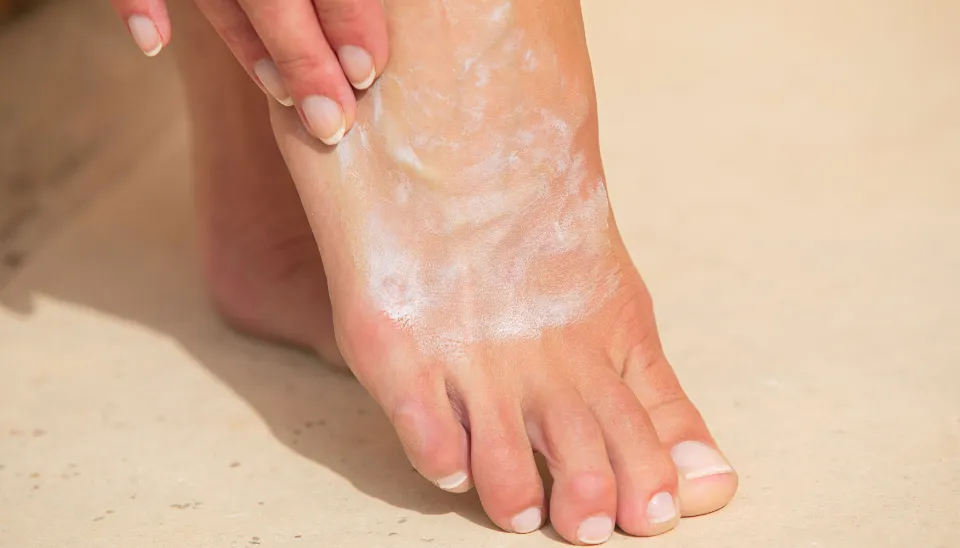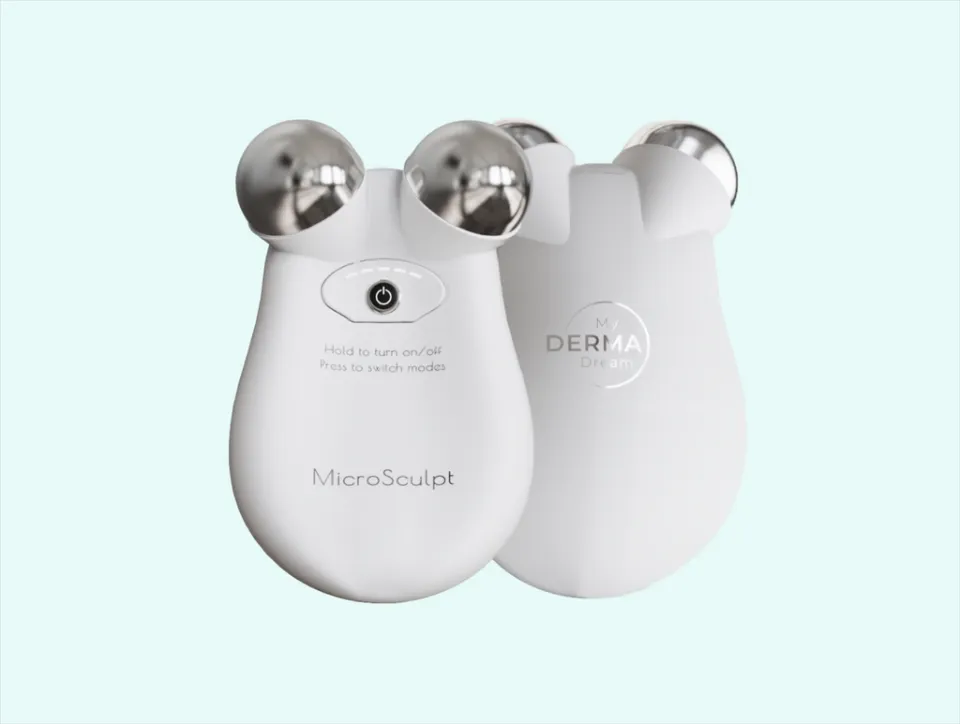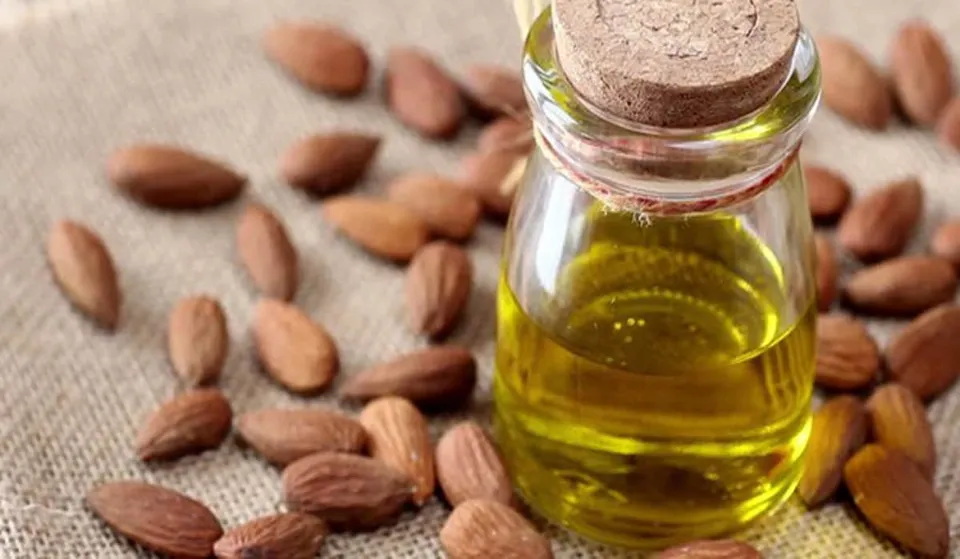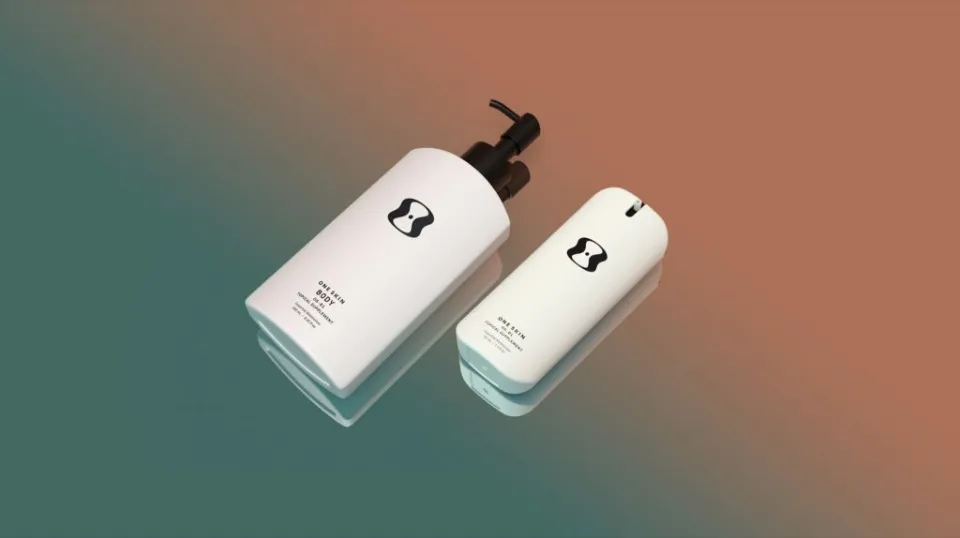You have very dry feet, haven’t you noticed that? Do you find yourself frequently wondering, “why are my feet so dry even when I moisturize?” The following information will help you avoid having dry and cracked feet.
Indeed, compared to other parts of the body, our feet have fewer oil glands. Combine that with a lack of proper care—and the daily injustices that feet are subjected to—and dry skin is almost inevitable.
If you’re experiencing dry, tight skin or cracked heels, don’t worry, we’re here to break down the major causes and solutions so you can get back to your smoothest self in an instant.
Why Are My Feet So Dry Even When I Moisturize?
Six typical causes of dry feet are listed below.
Less Oil
The majority of people have fewer oil glands in their feet than they do elsewhere on their bodies. This indicates that the natural moisture for the feet is less than it is elsewhere.
This can result in dry feet, so even if you moisturize your feet frequently, your feet may still struggle with dryness.
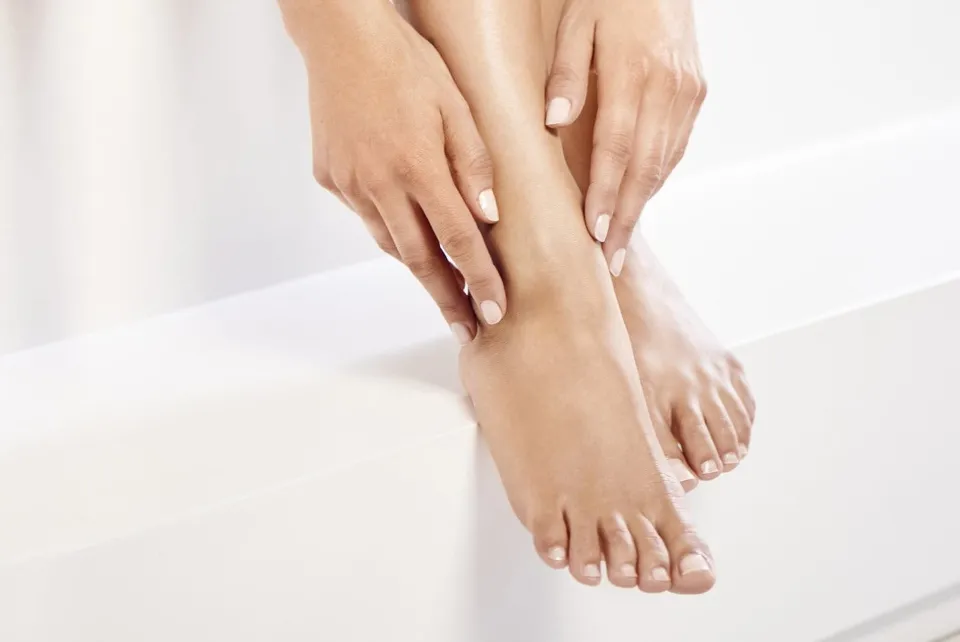
Less Moisture
Your feet may struggle, too, because they don’t usually get as much moisture as other places on the body. A foot lotion or even regular lotion is rarely used by most people. In terms of hydration, this entails that the feet are neglected, which may eventually result in dry, cracked feet.
Increased Irritation
Compared to other skin on your body, the skin on your feet is more irritated. Your feet may rub awkwardly or be kept in uncomfortable positions by your shoes.
Even if you wear the best shoes, standing all day or frequently can cause your feet to become sore. All of this discomfort can lead to dry, cracked feet fast.
Extra Heat and Humidity
An environment that is very hot and muggy results from wearing closed shoes, such as sneakers, boots, dress shoes, and more. Your feet are drained of moisture as a result, making them more prone to dryness, cracking, and pain.
Using a Harsh Cleanser
It’s possible for your skin to become irritated or dry out if you use abrasive soaps and cleaning supplies.
Cleanser ingredients that might play a part in dry skin include:
- Isopropyl alcohols
- Benzyl alcohol
- Sulfates
- Fragrances
A kinder alternative to gel or foam cleansers is frequently cream cleansers. If your skin tends to feel dry, choosing a cream cleanser could make a difference.
Dehydration Or Malnutrition
The outer layer of your skin is made up of about 15 to 20 percent water. Dehydration causes your skin to lose its elasticity and make it more prone to dryness.
A 2018 review of studies suggests that increasing your water intake could slightly improve skin hydration and elasticity.
A balanced diet with the appropriate nutrients can also help.
Deficiency in the following essential vitamins can also contribute to skin dryness:
- Vitamin A
- Vitamin D
- Zinc
- Iron
How to Moisturize the Right Way for Dry Skin?
The efficiency of moisturizer can be affected by how you use it. These tips can help you maximize the benefits of moisturizing.
Moisturize Right After Bathing
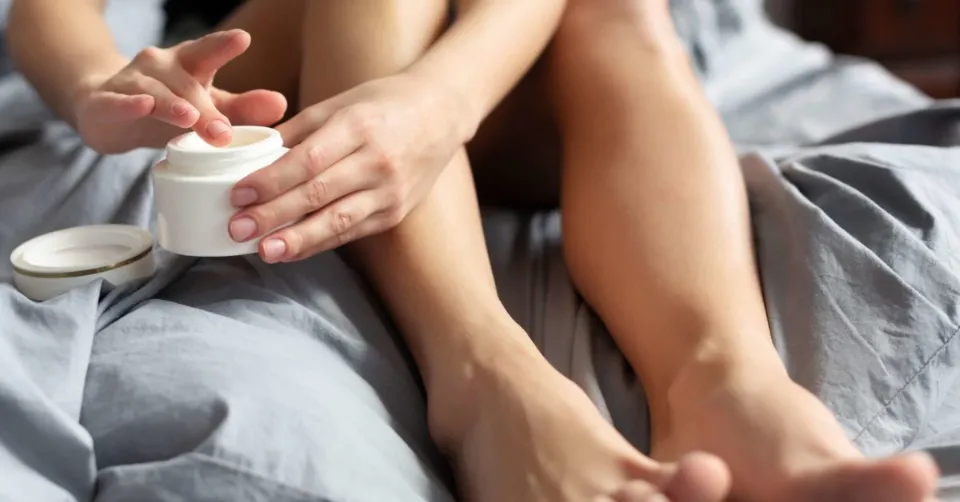
Part of how moisturizers function is by retaining moisture on your skin.
Occlusives are substances that trap water in their molecules. Applying occlusives is most effective immediately following a bath or shower and shortly after towel drying.
Find the Right Moisturizer
Using the wrong type of skin products can contribute to skin dryness. Removing potentially drying products from your skin care routine may be enough to moisturize your skin. But you can also try switching to a product made especially for dry skin.
The American Academy of Dermatology Association recommends choosing products that contain:
- Shea butter
- Petrolatum
- Mineral oil
- Lanolin
- Lactic acid
- Jojoba oil
- Hyaluronic acid
- Glycerin
- Dimethicone
Moisturize in the Morning and before Bedtime
To extend the time the moisturizer is in contact with your skin, you might try applying a lighter moisturizer in the morning and a heavier one before bed.
A moisturizer with some level of SPF protection might be appropriate for your daytime moisturizer. Preventing sun damage can also help prevent overly dry skin.
Use a Hydrating Toner
Toners may help cleanse skin and prepare it for a moisturizer. Some toners even target particular skin issues like dryness, acne, or sun damage.
You’ll typically get the best results when applying a toner after your cleanser and before serums and moisturizers.
Use a Serum
Serums contain a high concentration of active ingredients, like hyaluronic acid or vitamin C. You would typically use these after cleansing and before moisturizing.
Use Creams Instead of Lotions
If you have consistently dry skin, creams and ointments may be more effective than lotions.
If you are interested in skin care, read our posts below:
- Are Face Scrubs Bad for Your Skin?
- How to Remove Dead Skin on Face?
- How to Treat Peeling Skin on Face?
Tips for How to Stop Dry Skin on Feet
- Prevention is always preferable to cure! To prevent your skin from drying out, make sure you follow a healthy diet and skincare routine.
- Make sure you’re getting enough water because dehydration will affect how your skin looks. Specifically, dehydration will stimulate dry skin on your feet.
- Improve your diet, get more exercise, quit smoking, and correct your posture to increase blood flow to your feet.
- To prevent the air around you from drying out, use a humidifier. Dry skin on the feet can result from the air drying out too much, which can also dry out the skin.
- Try taking lukewarm baths and showers as opposed to hot ones. Dry and frequently sore skin will result from an excessively hot environment.
- Use hydrating skin care products and stay away from anything that contains an excessive amount of ethyl alcohol.
Final Words: Why Are My Feet So Dry Even When I Moisturize
A number of factors can contribute to dry skin.
If you moisturize your skin regularly but still notice lingering dryness, you may want to check your moisturizer for potentially dehydrating ingredients, such as isopropyl alcohol or sulfates. Products with ingredients like hyaluronic acid, ceramides, or glycerin may provide better results.
Dry skin rarely poses a serious cause for concern. However, a dermatologist can provide more individualized advice and care if it persists or causes discomfort.
Read More: How to Achieve Dewy Skin?
FAQs
How Do You Get Rid of Extremely Dry Feet?
Treat them by giving your feet a little more attention, beginning with moisturizing them at least twice a day.
Why Are My Feet Dry No Matter What I Do?
Dry feet and cracked soles are more common than dry skin in other parts of our body because they lack any oil glands, especially on the soles of the feet.
Is Dry Feet a Vitamin Deficiency?
Deficits in vitamins C, B-3, and E can cause dry, cracked heels.

